Your cart is currently empty!
Category: Organic Growing
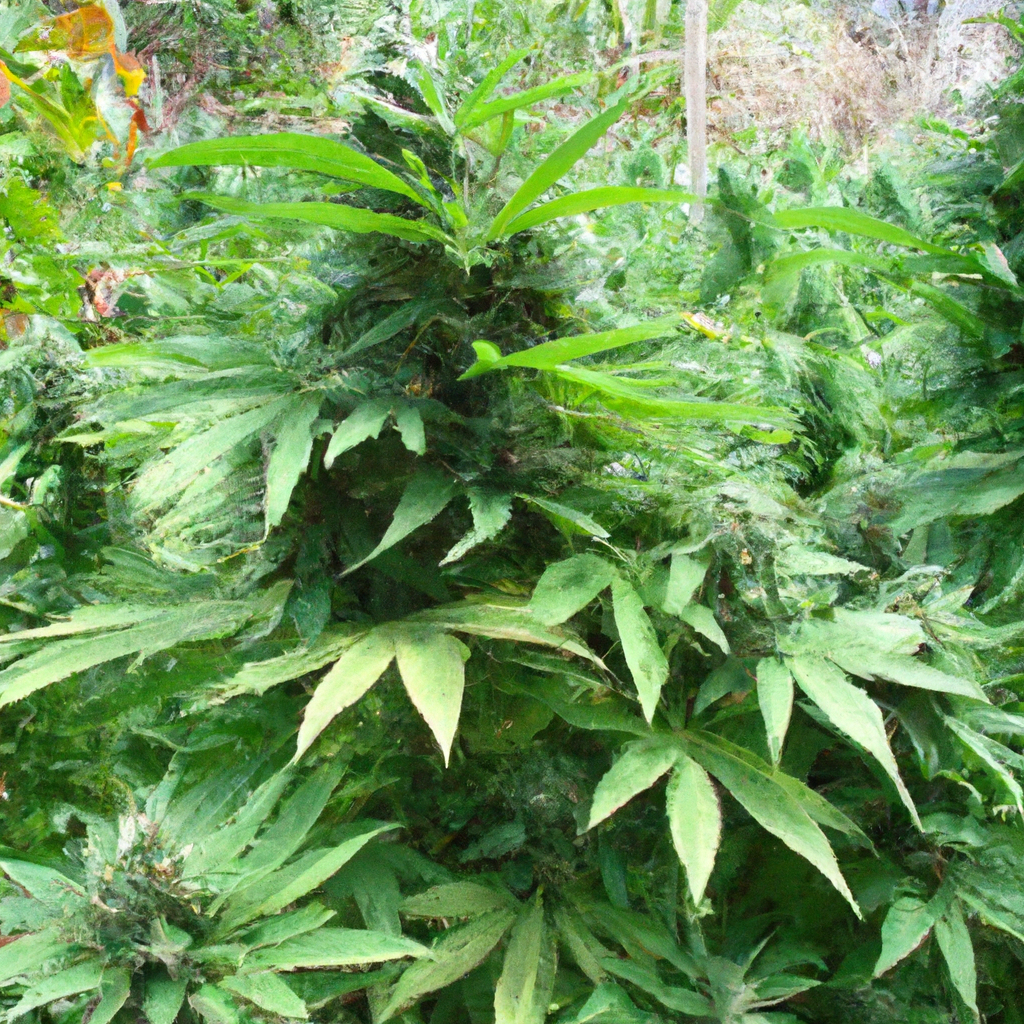
In the cannabis cultivation community, organic growing has become a key focus for enhancing sustainability and produce quality. This approach centers on building vibrant soil ecosystems through composting, cover crops, and mulching, and replacing synthetic fertilizers with natural alternatives like fish emulsion and bone meal. Pest control relies on beneficial insects, neem oil, and companion…
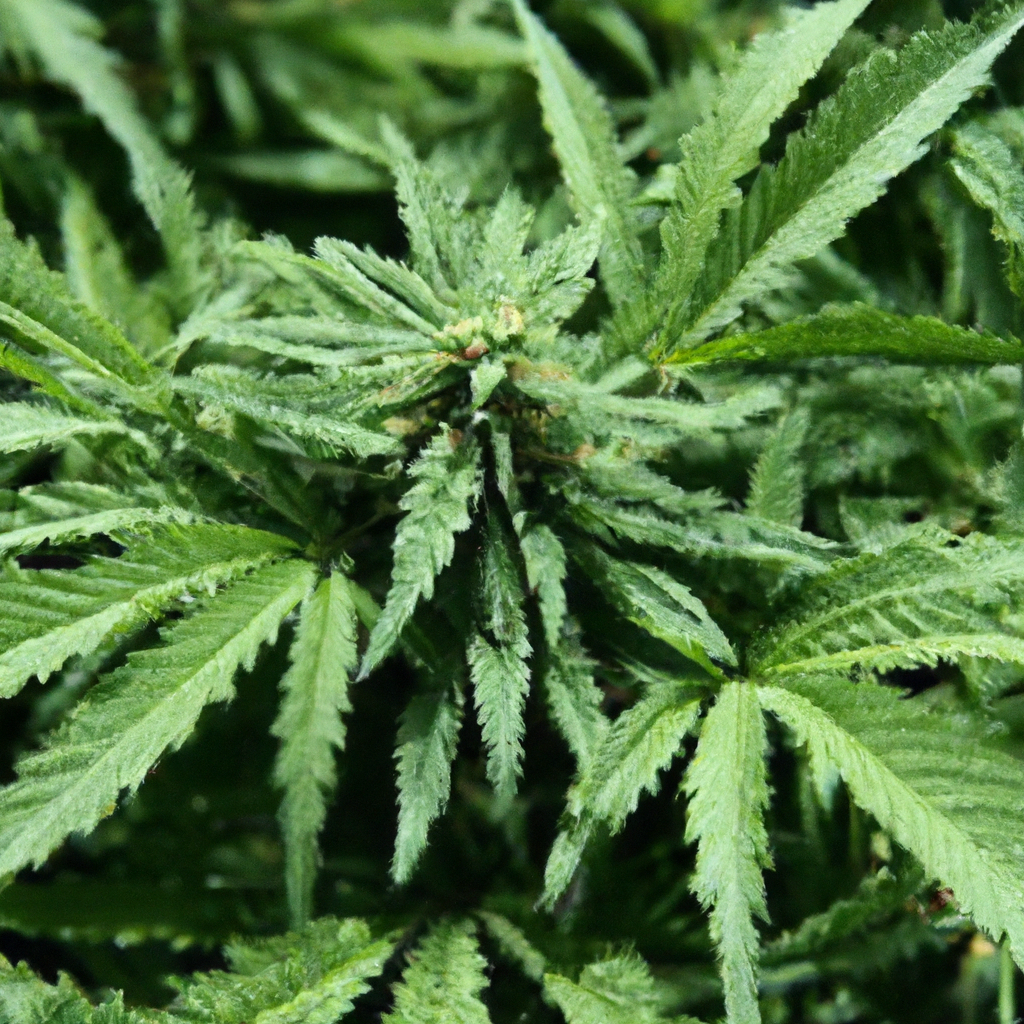
As the cannabis industry embraces eco-friendly practices, organic cultivation emerges as a key approach, promising better products and environmental sustainability. This article explores organic methods emphasizing healthy soil ecosystems through composting and natural amendments, using natural fertilizers like fish emulsions and chicken manure, and eco-friendly pest control through companion planting and beneficial insects. It also…
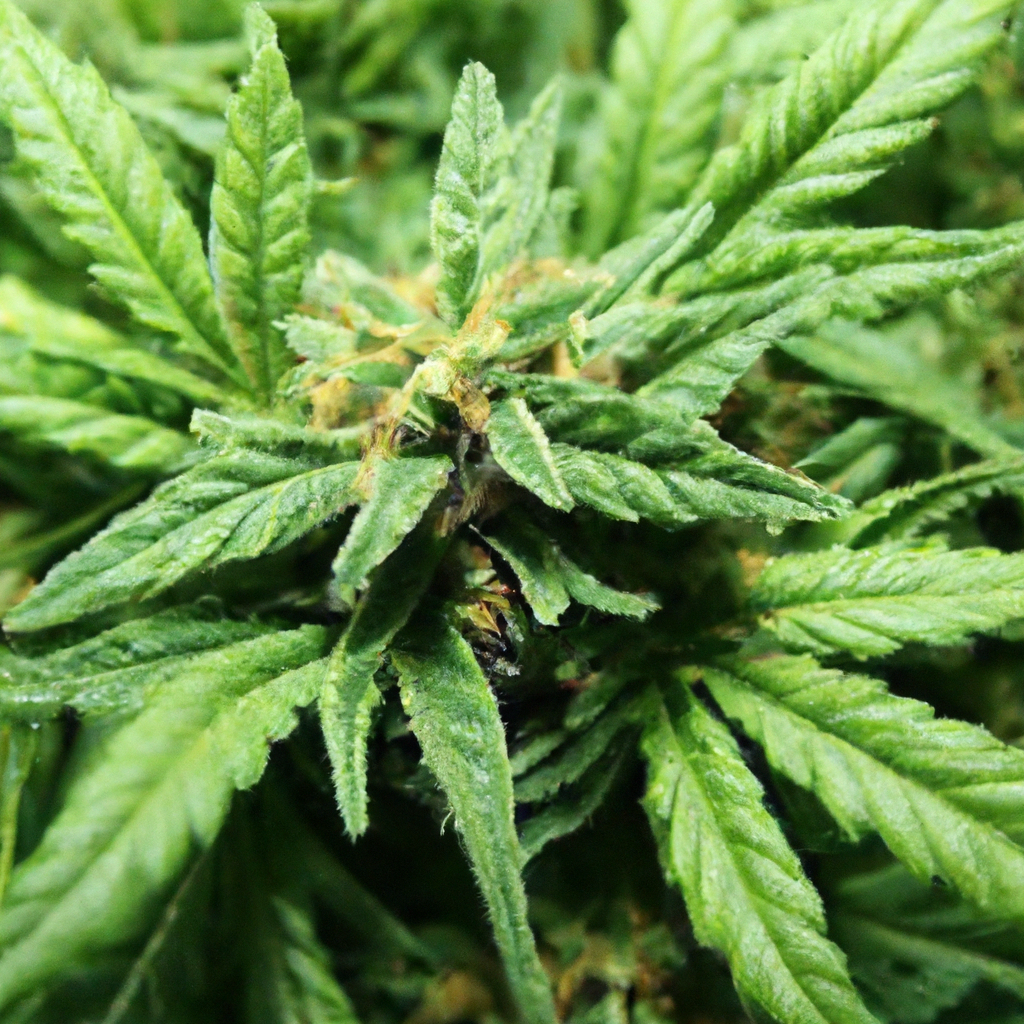
Growing cannabis organically is a commitment to quality and environmental responsibility. By using natural fertilizers, compost, and eco-friendly pest control, you can produce healthier plants while reducing your environmental impact. This guide offers best practices for organic cultivation, emphasizing the importance of building a healthy soil ecosystem and avoiding synthetic chemicals. Benefits include reduced pollution,…
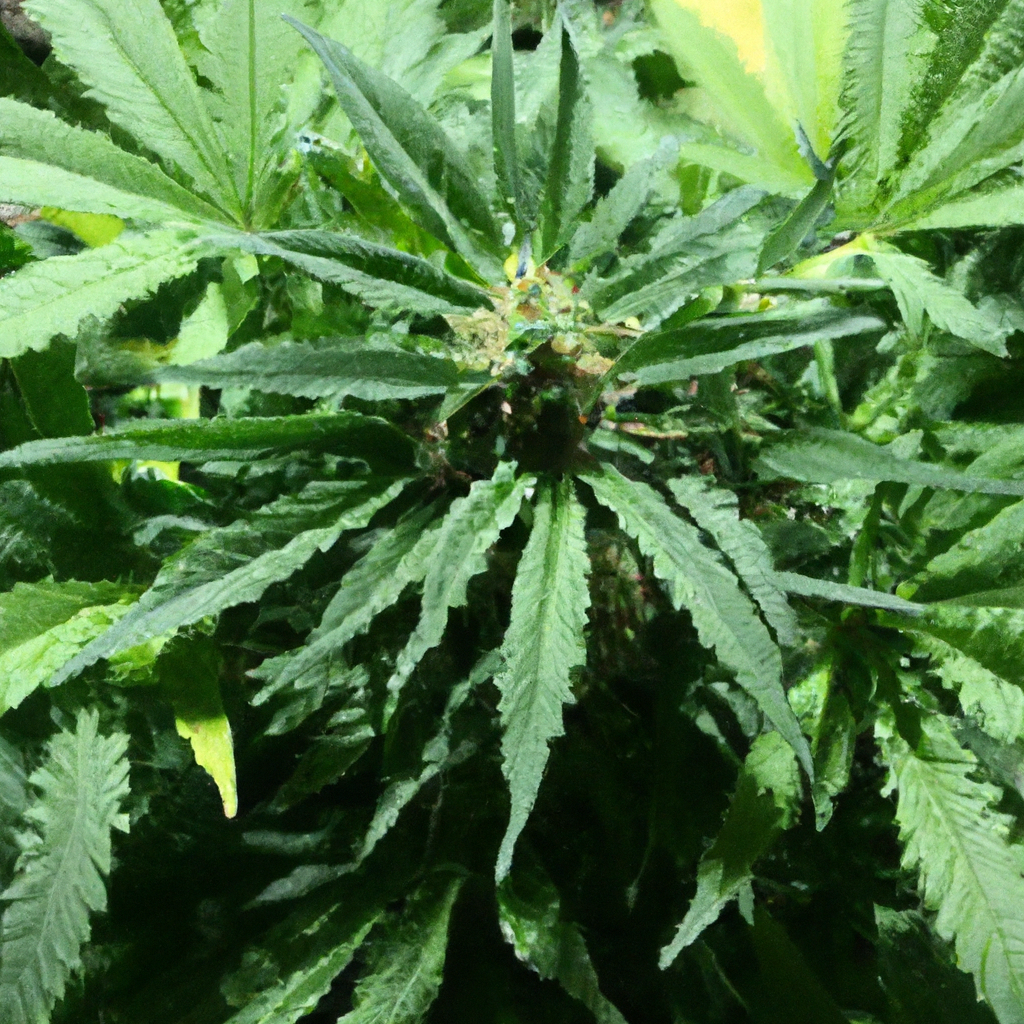
The demand for organic cannabis is growing as consumers recognize the environmental and health benefits of natural cultivation. Embracing organic practices enhances plant flavor and potency while promoting ecological balance. Key strategies include building robust soil ecosystems using compost and mulch, opting for natural fertilizers like worm castings and bone meal, and applying eco-friendly pest…
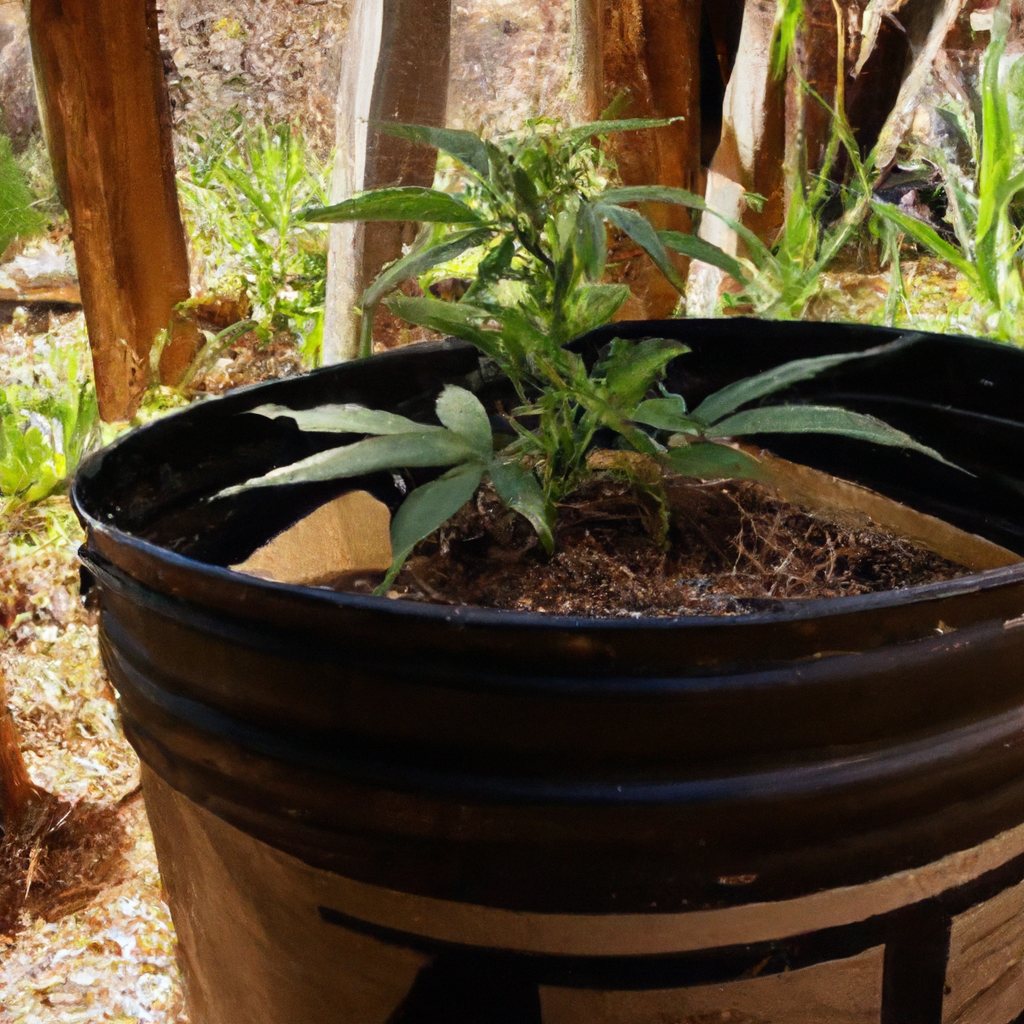
With the rising demand for environmentally friendly cannabis, more cultivators are adopting organic growing practices. This approach ensures sustainability and enhances cannabis quality and potency. Key methods include building healthy soil through composting and cover crops, using natural fertilizers like fish emulsion and bone meal, and implementing eco-friendly pest control with beneficial insects and neem…
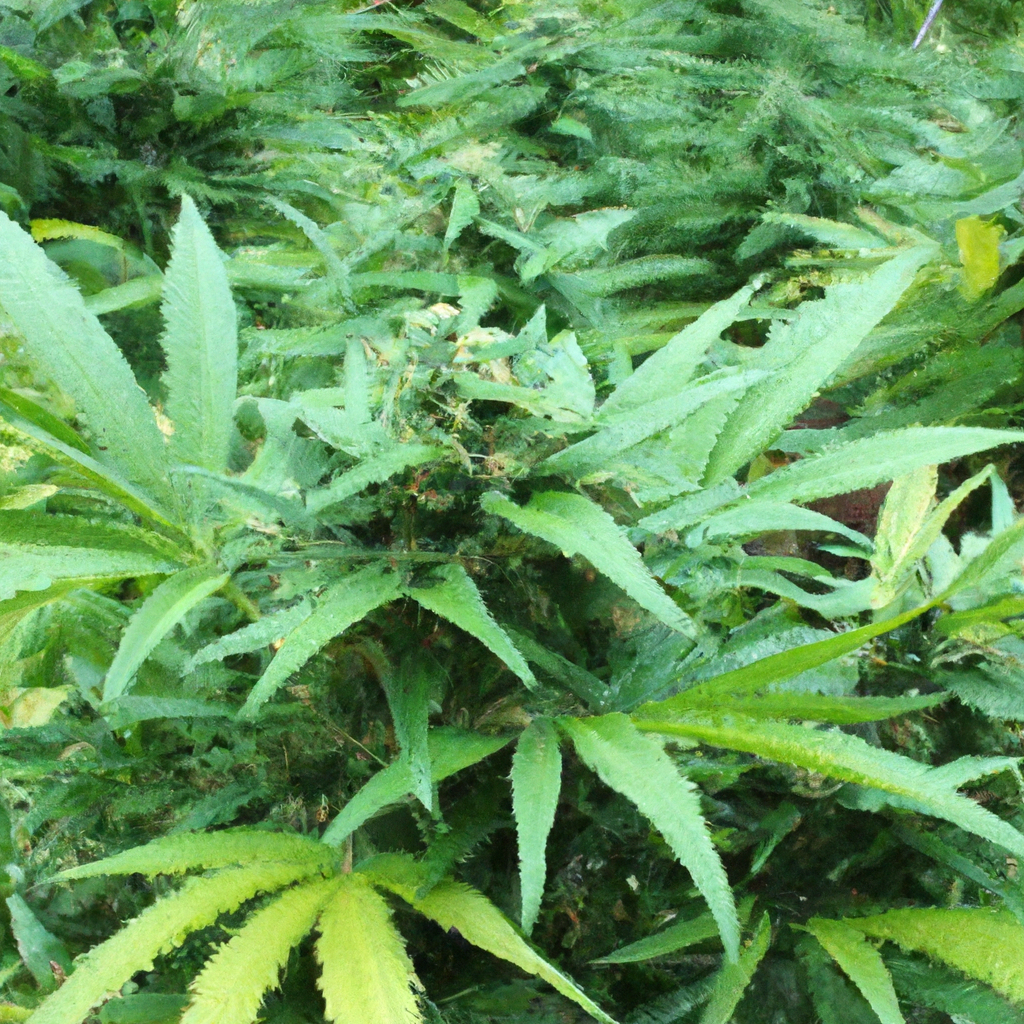
The cannabis industry’s shift towards organic cultivation methods highlights a commitment to sustainability and quality, benefiting both the environment and consumers. This guide explores best practices such as building a robust soil ecosystem with composting, mulching, and companion planting, as well as nurturing plants with natural fertilizers like manure and fish emulsion. For pest control,…
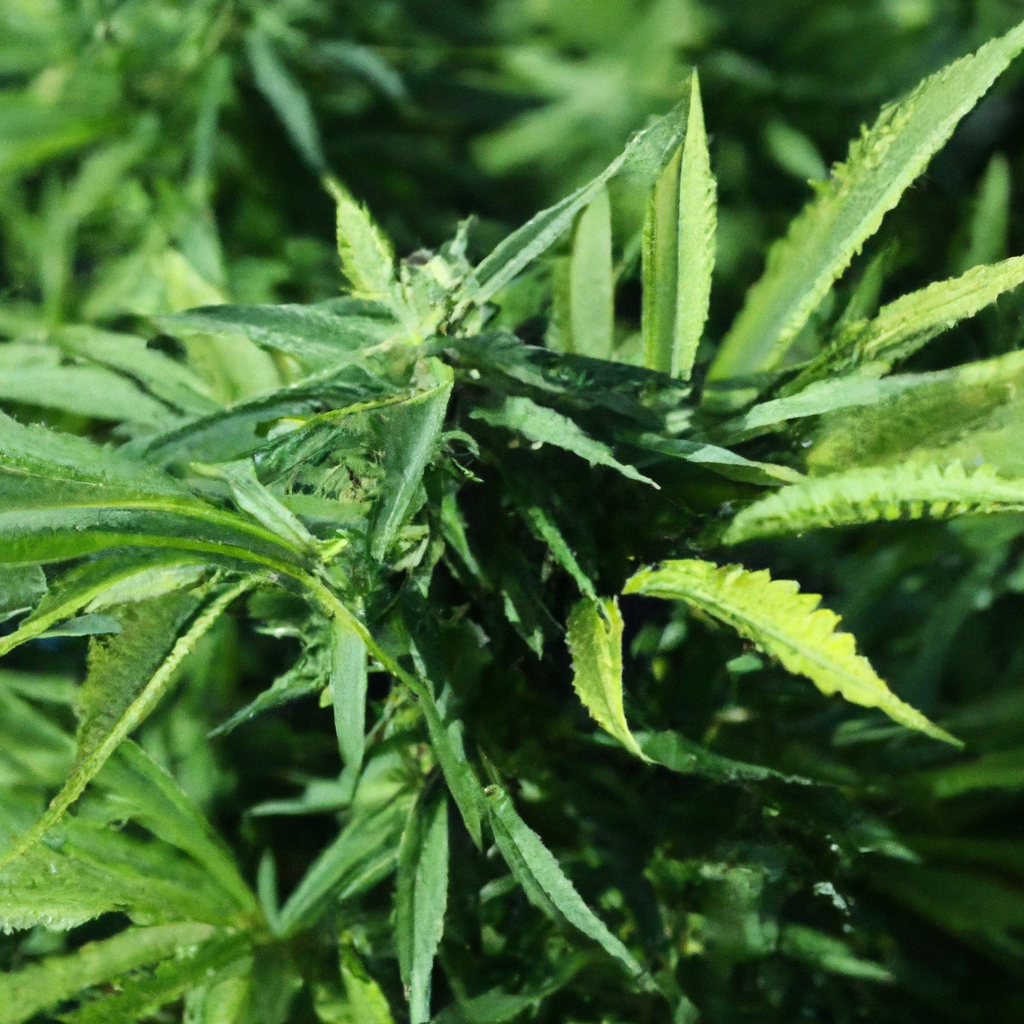
Organic cannabis cultivation is increasingly popular for its environmental benefits and enhanced crop quality. This guide covers essential practices such as maintaining healthy soil ecosystems using compost and cover crops, opting for natural fertilizers like fish emulsion and bat guano, and employing sustainable pest control through beneficial insects and companion planting. Emphasizing sustainability, it also…
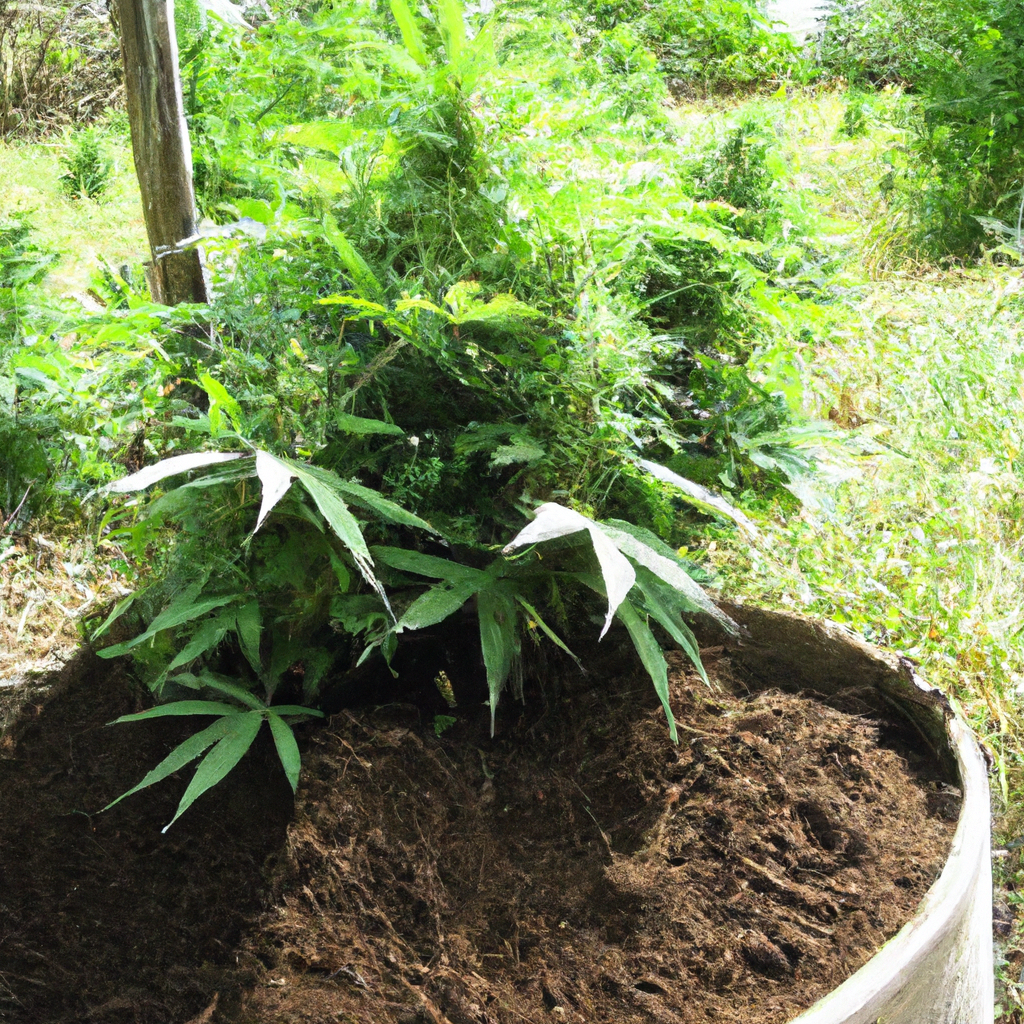
Cannabis cultivation is shifting towards organic methods, emphasizing sustainability and environmental health. By using natural fertilizers, composting, and eco-friendly pest control, growers enhance plant vitality without synthetic chemicals. Key practices include building nutrient-rich soil through composting and manure, employing companion planting and biological pest control, and maintaining soil health via rotation and mulching. This approach…
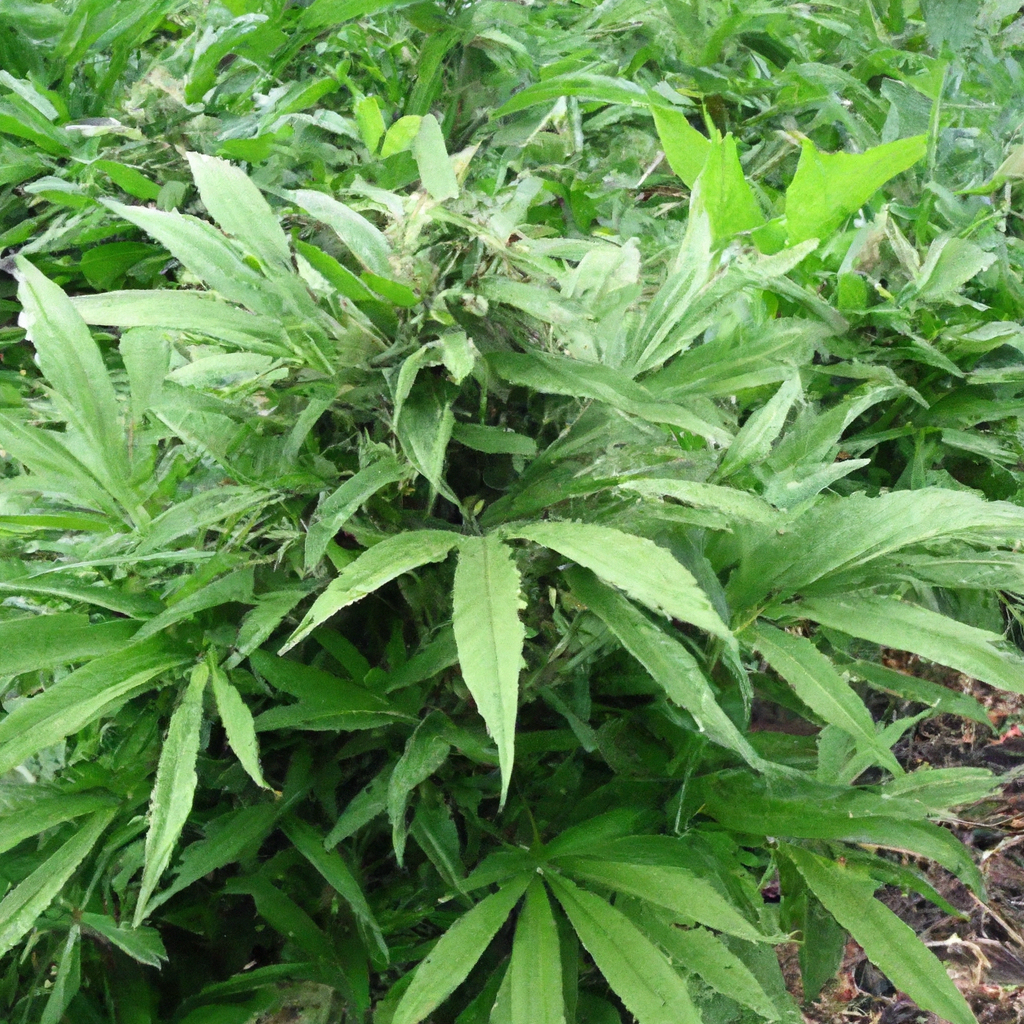
As cannabis demand increases, organic cultivation methods are favored for their environmental benefits and superior product quality. This guide emphasizes building healthy soil ecosystems with compost and mulching, using organic fertilizers such as fish emulsion and bone meal, and implementing natural pest control through companion planting and beneficial insects. Organic practices not only reduce chemical…
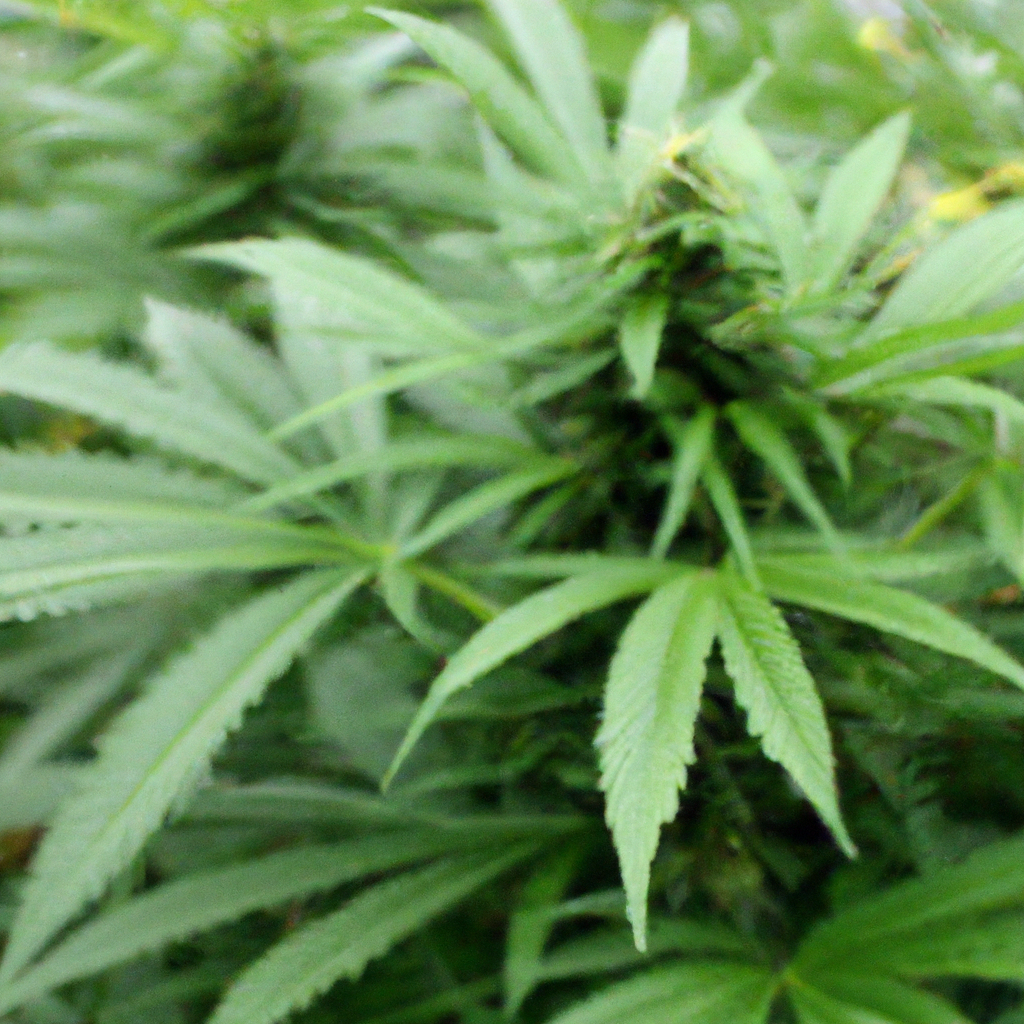
Embrace the sustainable and eco-friendly approach of organic cannabis cultivation by building healthy soil ecosystems, using natural fertilizers, and managing pests organically. Techniques like composting, companion planting, and mulching enhance soil health, while natural fertilizers such as fish emulsion and bone meal support robust plant growth. Organic pest control methods, including beneficial insects and neem…
